Liz Truss becomes British Prime Minister in audience with Queen Elizabeth
Liz Truss has become British Prime Minister in an audience with the Queen at Balmoral Castle after Boris Johnson promised unswerving support.
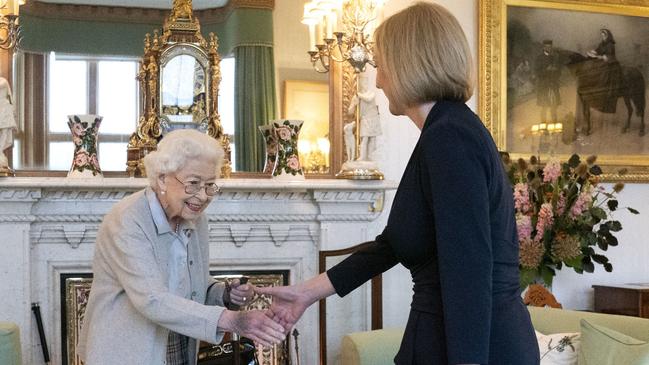
Liz Truss has become British Prime Minister in an audience with the Queen after Boris Johnson promised unswerving support.
The former foreign secretary, 47, was seen in an official photograph shaking hands with the monarch to accept her offer to form a new government and become the 15th prime minister of her 70-year reign.
The symbolic ceremony took place at the sovereign’s remote Balmoral retreat in the Scottish Highlands, as the queen, 96, was deemed unfit to return to London due to ill health.
“The queen received in audience the right honourable Elizabeth Truss MP today and requested her to form a new administration,” Buckingham Palace said in a statement.
“Ms Truss accepted Her Majesty’s offer and kissed hands upon her appointment as prime minister.
The last time the handover of power took place at Balmoral was in 1885, when queen Victoria was on the throne.
Normally, the outgoing and incoming prime minister meet the queen in quick succession at Buckingham Palace in central London.
It has only been held once outside London since 1952, when Winston Churchill met the new queen at Heathrow Airport after the death of her father, king George VI.
Mr Johnson – whose tenure was dominated by Brexit and Covid-19 and cut short by scandal – bid farewell to cheers and applause from supporters on Tuesday before heading for an audience with Queen Elizabeth.
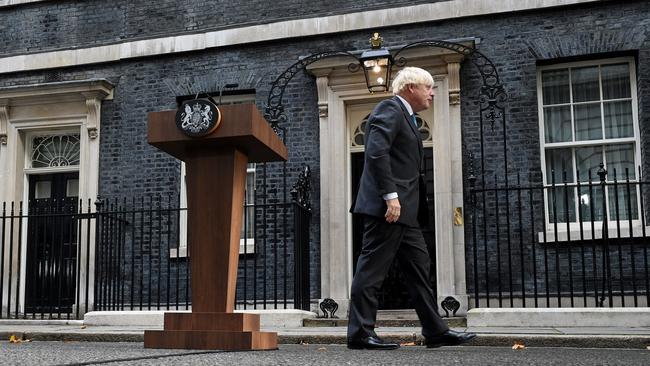
In a typical rhetorical flourish, he likened himself to “one of those booster rockets that has fulfilled its function”. But he promised: “I will be supporting Liz Truss and the new government every step of the way.”
Mr Johnson hinted that the manner of his departure was hurtful. He was trounced seven weeks ago by fellow parliamentarians after surviving a vote of no-confidence.
“The baton will be handed over. It unexpectedly turned out to be a relay race. They changed the rules halfway through. But nevermind that now,” he said.
And he urged his ruling Conservative party to put aside their differences to tackle the energy crisis that looks set to dominate Truss’s immediate future.
“If Dilyn (his dog) and Larry (the Downing Street cat) can put behind them their occasional difficulties then so can the Conservative party,” he added.
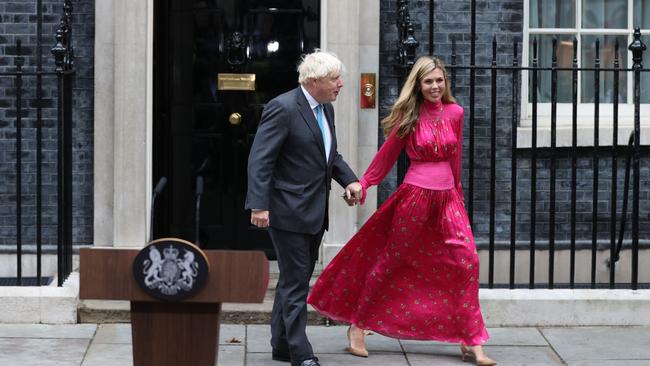
Watched by scores of MPs, Tory staff and hundreds of the world’s media, Mr Johnson said of his future: “I am no like one of those booster rockets that has fulfilled its function and I will now be gently re-entering the atmosphere and splashing down invisibly in some remote and obscure corner of the Pacific. And like Cincinnatus, I am returning to my plough, and I will be offering this government nothing but the most fervent support.’’
Ms Truss was announced winner of an internal vote of Conservative party members on Monday night, after a gruelling contest that began in July.
All eyes will be on her return to the British capital and first address as prime minister, which is expected to take place outside 10 Downing Street on Tuesday night – weather permitting.
Heavy rain and storms are forecast, mirroring the gloomy economic situation that she and her new senior ministers will have to tackle from day one.
The appointments are due to be finalised before she hosts her first cabinet meeting and faces questions in parliament on Wednesday.
To-do list
Business secretary Kwasi Kwarteng is expected to become finance minister, with attorney-general Suella Braverman moved to the tricky brief of home secretary, and James Cleverly to foreign affairs.
If confirmed, it would mean no white men in any of Britain’s four main ministerial posts for the first time.
Ms Truss faces a daunting to-do list, with the UK in the grip of its worst economic crisis in decades.
Inflation is rampant and running at 40-year highs of 10.1 per cent, with predictions of worse to come and recession as winter bites.
Households face an 80 per cent increase in gas and electricity bills from October, while businesses warn they could go to the wall from even bigger hikes.
Ms Truss, who touts herself as a free-market liberal, has promised tax cuts to stimulate growth, despite warnings that greater borrowing could make inflation worse.
British media reported on Tuesday that she would freeze energy bills. The contrast to her beaten leadership rival Rishi Sunak’s more cautious approach has opened another rift in the Conservative Party that was already divided by Mr Johnson’s departure.
Recent opinion polls suggest a sizeable chunk of the British public have no faith in her ability to tackle the cost-of-living crisis.
A new poll by YouGov said only 14 per cent expect Ms Truss to do a better job than Mr Johnson.
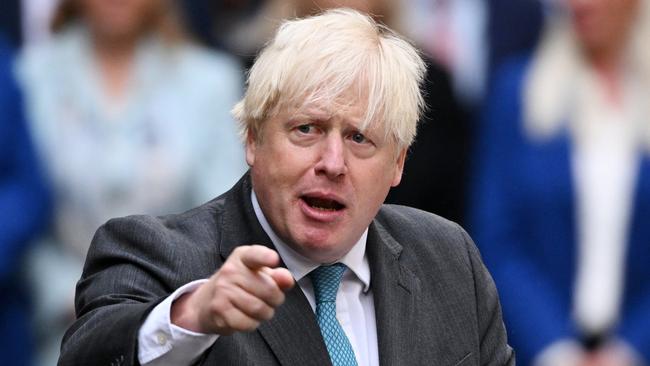
Comeback
Mr Johnson, 58, remains popular among grassroots Tories as a charismatic election winner, who took the country out of the EU.
Despite repeated accusations of corruption and cronyism during his tenure, and an unprecedented police fine for breaking his own lockdown rules, Mr Johnson is said to be smarting at having to leave.
Speculation has swirled that he could bide his time for a comeback, particularly if Ms Truss struggles to overcome the country’s many problems.
Mr Johnson is expected to remain a backbencher but also return to his old career, journalism, by writing columns.
He referenced Australia and the US involvement in the AUKUS pact.
Mr Johnson said he was optimistic about the country’s future. He said his government’s quick response to the Covid-19 vaccination rollout, and getting the country moving after the pandemic, would give the economic strength to get through the energy crisis.
“This country will endure it and we will win,” he said. “And if Putin thinks that he can succeed by blackmailing or bullying the British people then he is utterly deluded. And the reason we will have those funds now and in the future is because we Conservatives understand the vital symmetry between government action and free market capitalist private sector enterprise.”
He added that the country’s course to renewables was part of the plan: “The short and the long-term solutions for our energy needs are not just using more of our own domestic hydrocarbons, but going up by 2030 to 50 gigawatts of wind power that is half this country’s energy electricity needs from offshore wind alone; a new nuclear reactor every year.’’
He said private sector investment is flooding in with more venture capital investment than China.


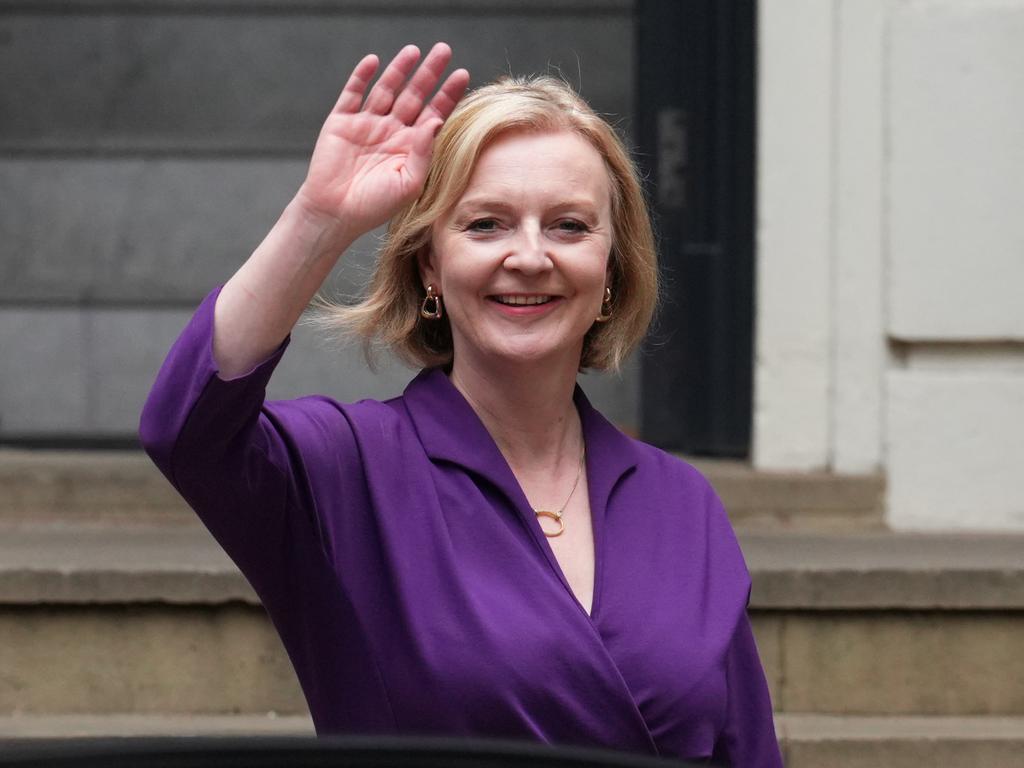
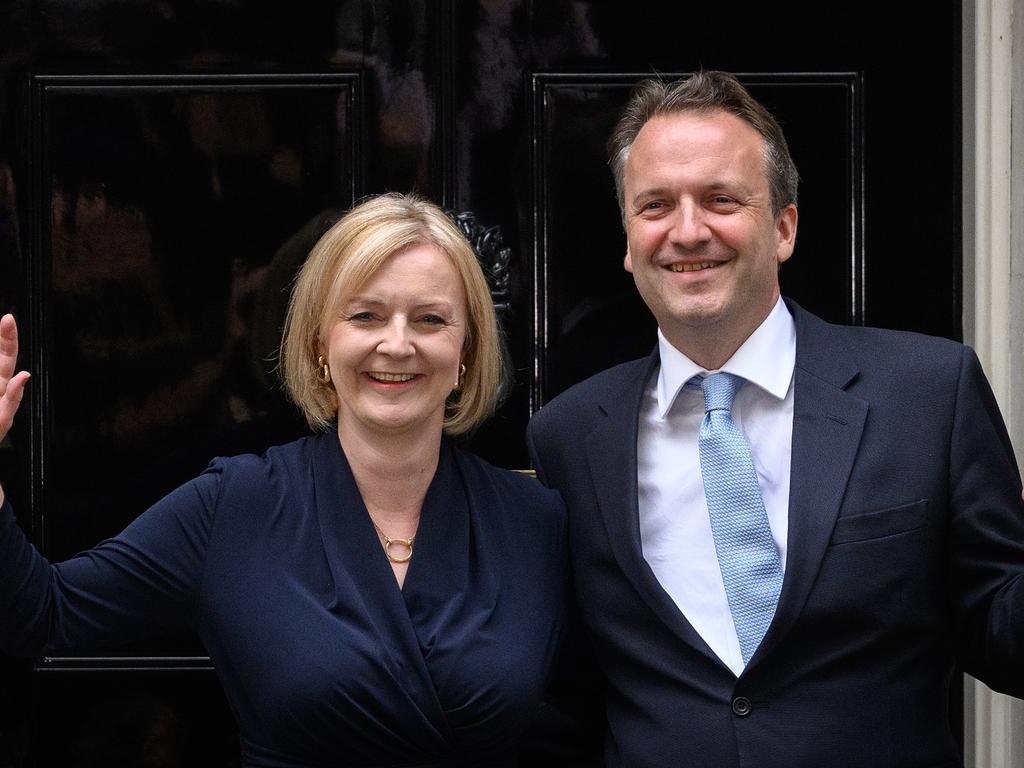

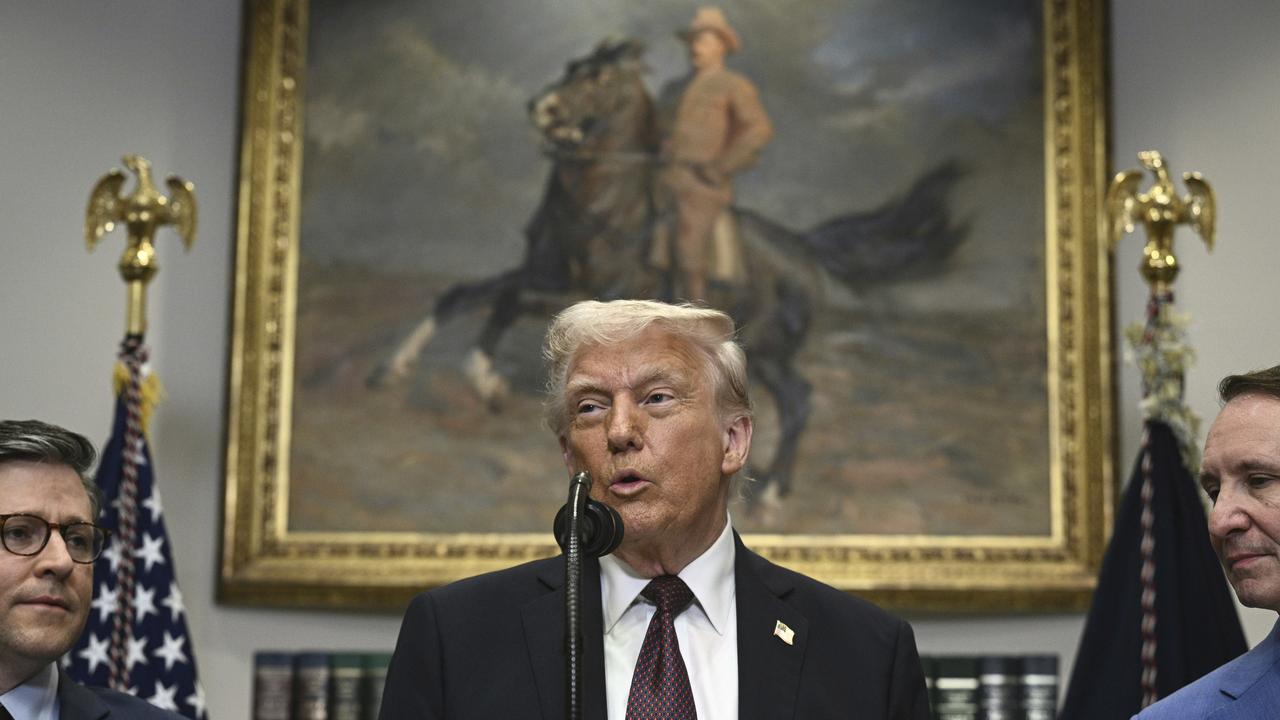
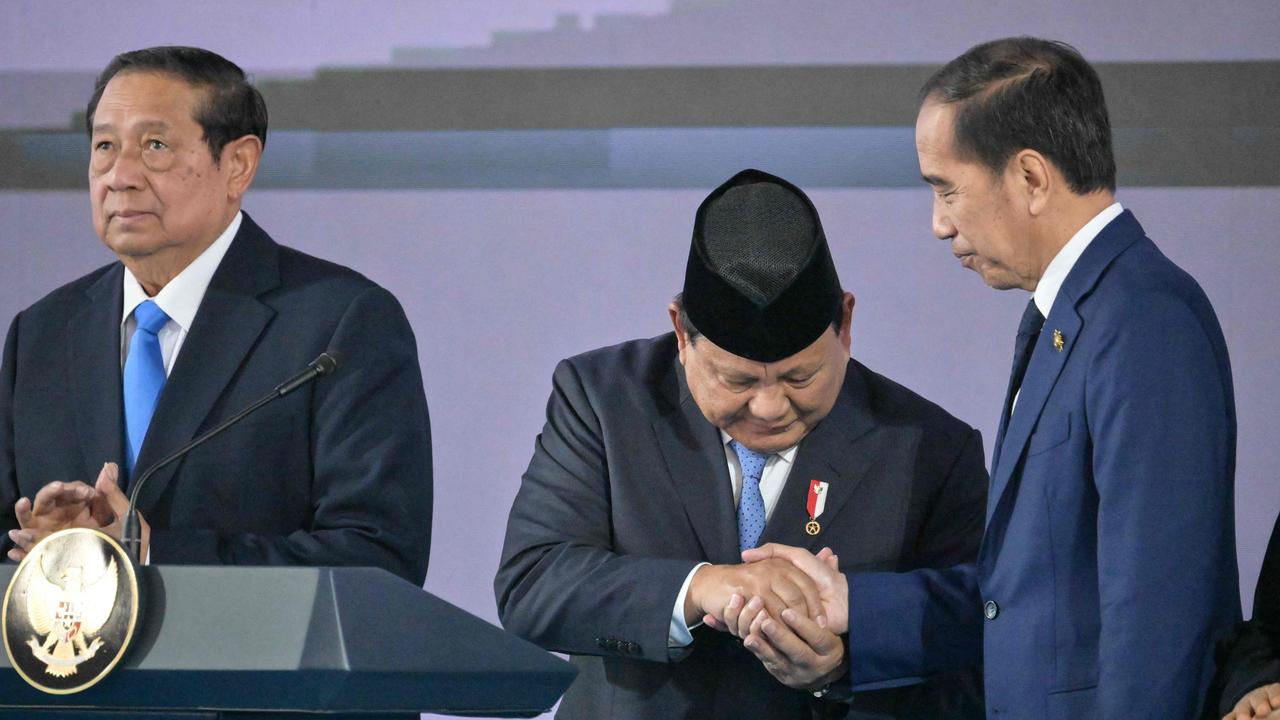
To join the conversation, please log in. Don't have an account? Register
Join the conversation, you are commenting as Logout